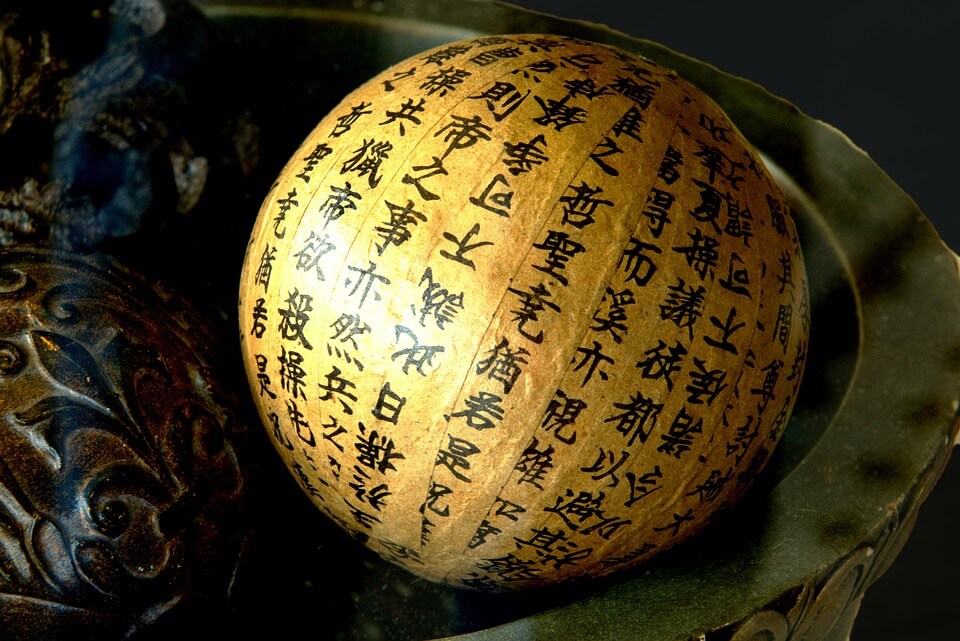Learn about the history of UN Chinese Language Day and discover fun ways to observe it, from learning some basic Chinese phrases to attending cultural events and trying Chinese cuisine. Join the celebration of language learning and cultural exchange!
The United Nations Chinese Language Day is an observance held on April 20th every year to promote the use and appreciation of the Chinese language and culture around the world. This day was established by the United Nations Educational, Scientific and Cultural Organization (UNESCO) in 2010, along with three other language days – English, French, and Spanish. The date April 20th was chosen to commemorate the birthday of Cangjie, a legendary figure in Chinese culture who is said to have invented the Chinese characters. The aim of the Chinese Language Day is to celebrate the richness and diversity of the Chinese language and its contributions to human civilization, as well as to encourage language learning and cultural exchange.
History of UN Chinese Language Day
The United Nations Chinese Language Day was established by the United Nations Educational, Scientific and Cultural Organization (UNESCO) in 2010, along with three other language days – English, French, and Spanish. The date of April 20th was chosen to commemorate the birthday of Cangjie, a legendary figure in Chinese culture who is said to have invented the Chinese characters.
The purpose of establishing Chinese Language Day was to promote multilingualism and cultural diversity, as well as to encourage the learning and use of Chinese language and culture around the world. The Chinese language is one of the six official languages of the United Nations and is spoken by over one billion people worldwide. Chinese culture has a rich history spanning thousands of years and has made significant contributions to world civilization in areas such as literature, philosophy, art, science, and technology.
The celebration of Chinese Language Day involves a variety of activities, such as language and cultural exhibitions, conferences, workshops, and performances. It is also an opportunity to raise awareness of the importance of language learning and cultural exchange, and to encourage people of all ages and backgrounds to learn and appreciate the Chinese language and culture.

Source: pixabay.com
Chinese Language Timeline
Here is a brief timeline of the Chinese language:
- c. 1500 BC: Oracle bone script is developed in China. It is the earliest known form of Chinese writing, and was used on turtle shells and animal bones for divination purposes.
- c. 800 BC: The bronze script, an early form of Chinese calligraphy, is developed. It was used for inscriptions on bronze vessels and weapons.
- 221 BC-206 BC: The Qin dynasty standardizes the Chinese script and language, unifying the various dialects spoken across China.
- 3rd century AD: The Buddhist scriptures are translated into Chinese, leading to the development of new vocabulary and literary styles.
- 581-618 AD: The Sui dynasty establishes a new capital in Chang’an (modern-day Xi’an) and introduces the Mandarin dialect as the official language of the imperial court.
- 907-960 AD: The Tang dynasty sees a flourishing of Chinese culture, including poetry, literature, and calligraphy. The Tang dynasty also sees the development of the first movable type printing press in the world.
- 1912: The Republic of China is established, and Mandarin is made the official language of the country.
- 1949: The People’s Republic of China is established, and Mandarin (also known as Putonghua) is standardized as the official language of the country.
- 1979: China begins opening up to the outside world, leading to a greater interest in the study of Chinese language and culture worldwide.
Today, Chinese is the most spoken language in the world, with over one billion speakers. It is also one of the official languages of the United Nations.
How to Observe UN Chinese Language Day
Here are some ways to observe UN Chinese Language Day:
- Learn some Chinese phrases or characters: Use online resources or language learning apps to learn some basic Chinese phrases or characters. This can be a fun way to appreciate the language and culture.
- Attend a cultural event: Look for events in your community that celebrate Chinese culture, such as a Chinese New Year celebration, a calligraphy exhibit, or a Chinese language and culture workshop.
- Watch Chinese movies or TV shows: Watch a Chinese movie or TV show with subtitles, to get a feel for the sound and cadence of the language.
- Read Chinese literature: Read a Chinese book or poem, translated into your own language, to get a sense of the language’s beauty and richness.
- Share on social media: Share a post or story on social media, using the hashtag #ChineseLanguageDay, to raise awareness about the importance of language learning and cultural exchange.
- Take a Chinese language course: If you have the time and resources, consider taking a Chinese language course at a local language school or university.
Try Chinese cuisine: Enjoy a meal at a Chinese restaurant, or try cooking a Chinese dish at home. Food is an important part of Chinese culture, and trying new dishes can be a fun way to appreciate the culture.